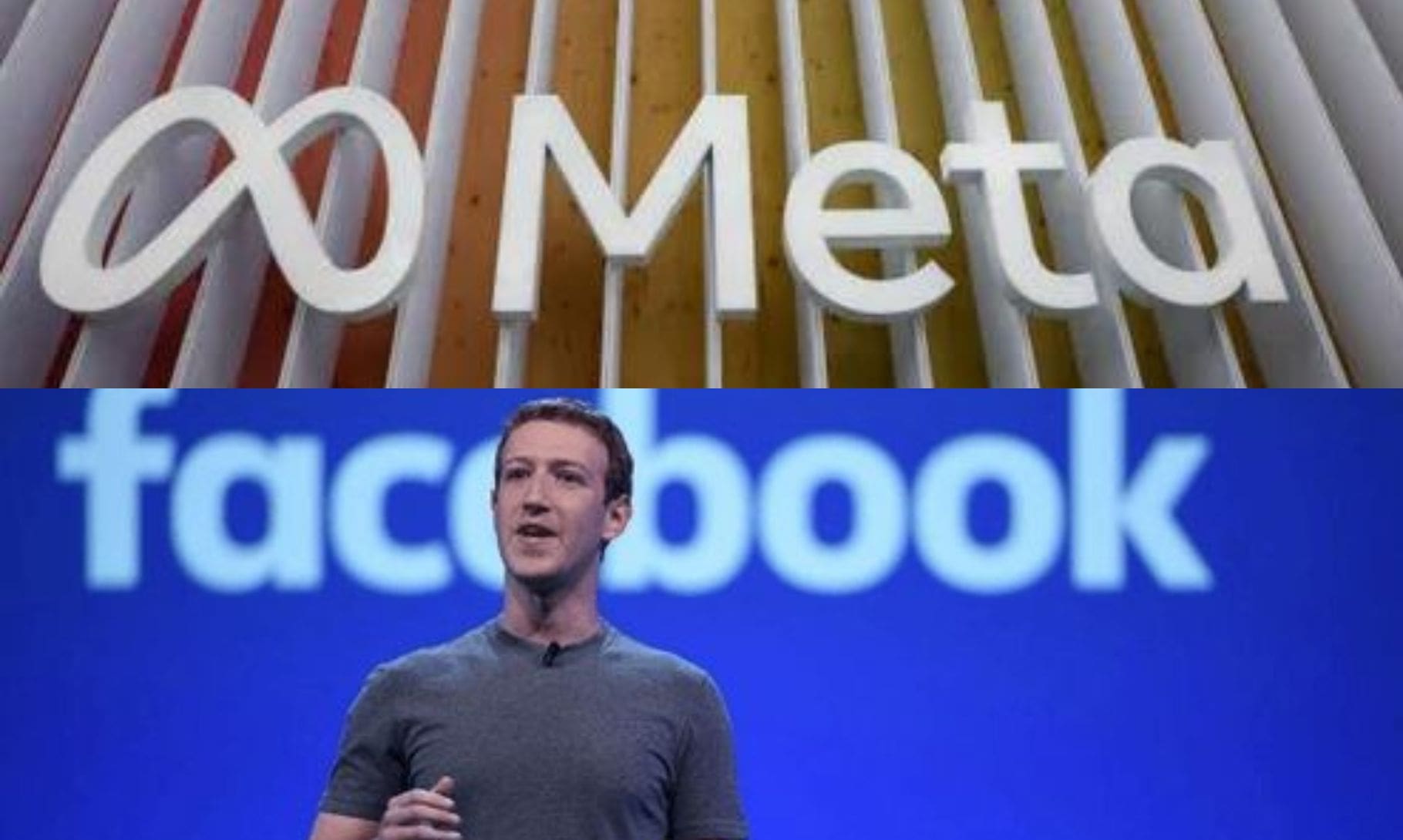
The European Union (EU) is taking action against Meta, the parent company of Facebook, for allegedly violating its new Digital Markets Act (DMA), which became mandatory in March. This follows similar actions taken against Apple just a week after.
EU regulators are concerned about Meta’s “pay or consent” approach. This means Facebook and Instagram users must either agree to data collection to use the platforms for free or pay a fee to avoid sharing their data. This practice is seen as misleading and controlling because it pressures users to agree to data tracking due to the cost of opting out.
Under the DMA rules, tech companies must obtain user consent before combining or using personal data across different services. The European Commission emphasized that Meta users who choose not to consent should still be able to access a service with less personal data used, especially for targeted advertising.
Thierry Breton, the EU’s internal market commissioner, stated that Meta’s business practices appear to violate the DMA. He stressed that the DMA aims to give users more control over their data and create fair competition for smaller tech companies against industry giants.
Meta responded by saying its subscription model, offering ad-free usage for a fee, complies with both the DMA and Europe’s highest court rulings. The company is open to discussing the issue with the European Commission to resolve the investigation. If Meta is found guilty, it could face fines of up to 10% of its global revenue, with potential increases for repeat offenses. The EU plans to complete its initial findings within a year from the start of the investigation in March.
Last week, the EU accused Apple of limiting innovation in its App Store, using its new authority against a major tech player for the first time. Regulators are concerned about Apple’s rules that restrict how developers can guide users to deals outside its platform. Apple has denied any wrongdoing.
The charges against Meta show Brussels’ commitment to quickly addressing claims of unfair competition. An anonymous antitrust lawyer mentioned that the EU prioritizes Big Tech cases, acknowledging that traditional competition laws have been slow and somewhat ineffective.















